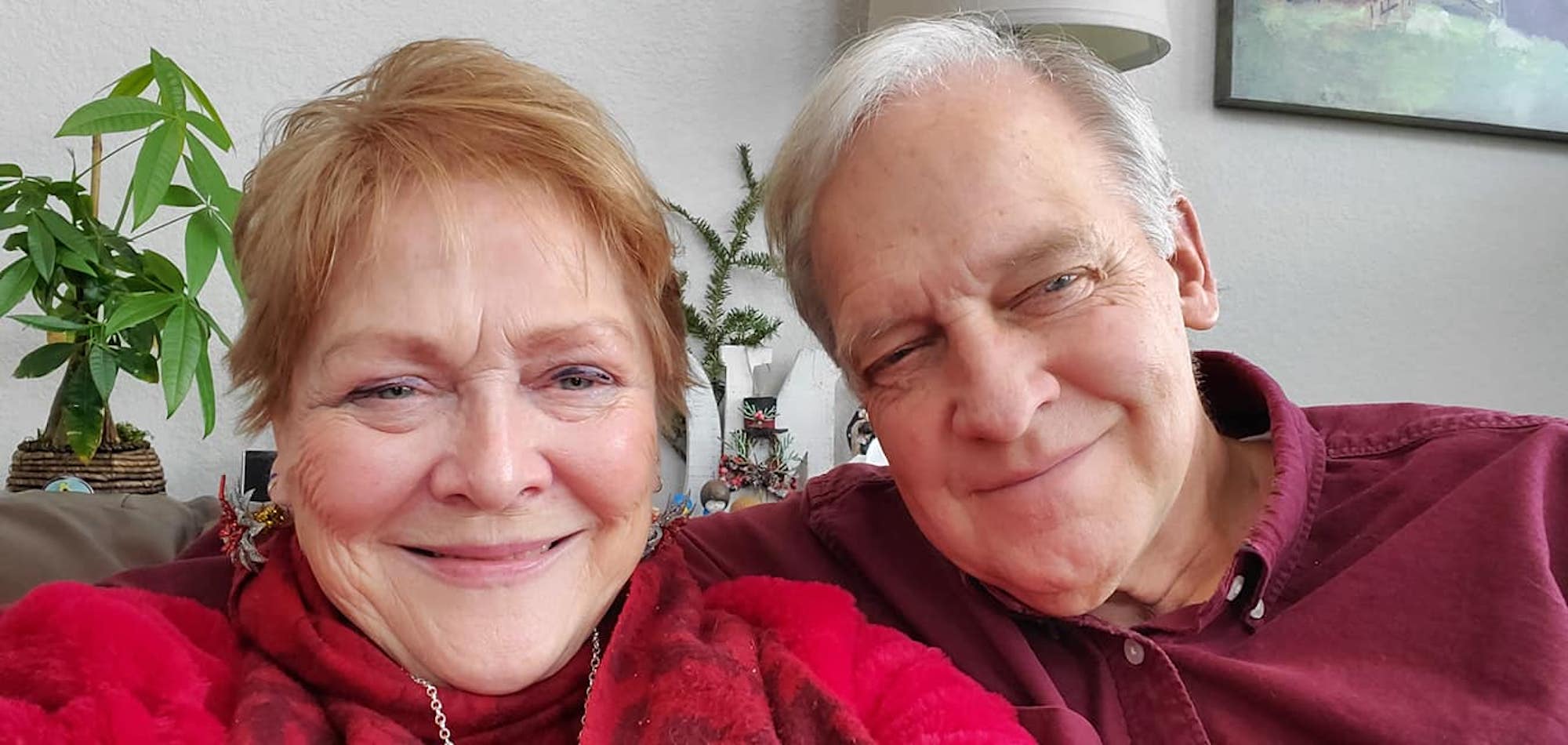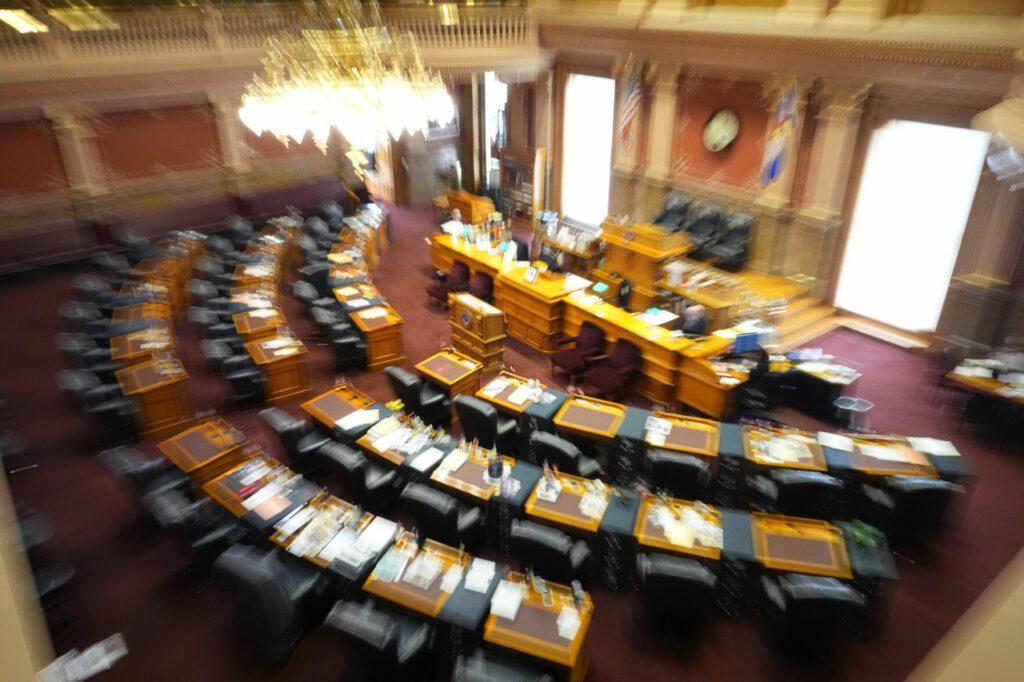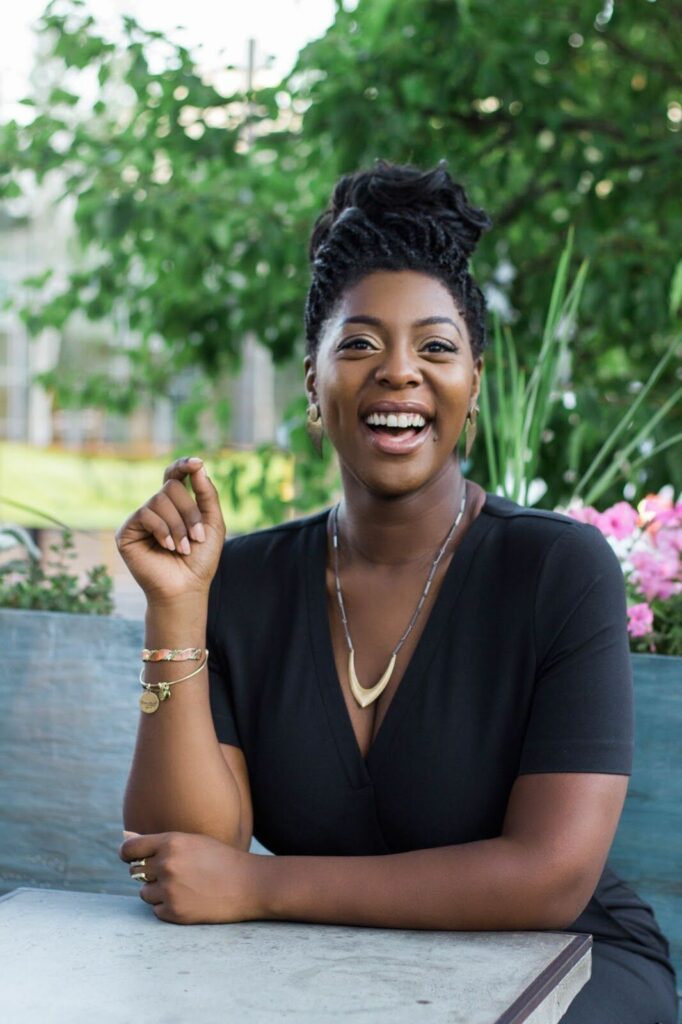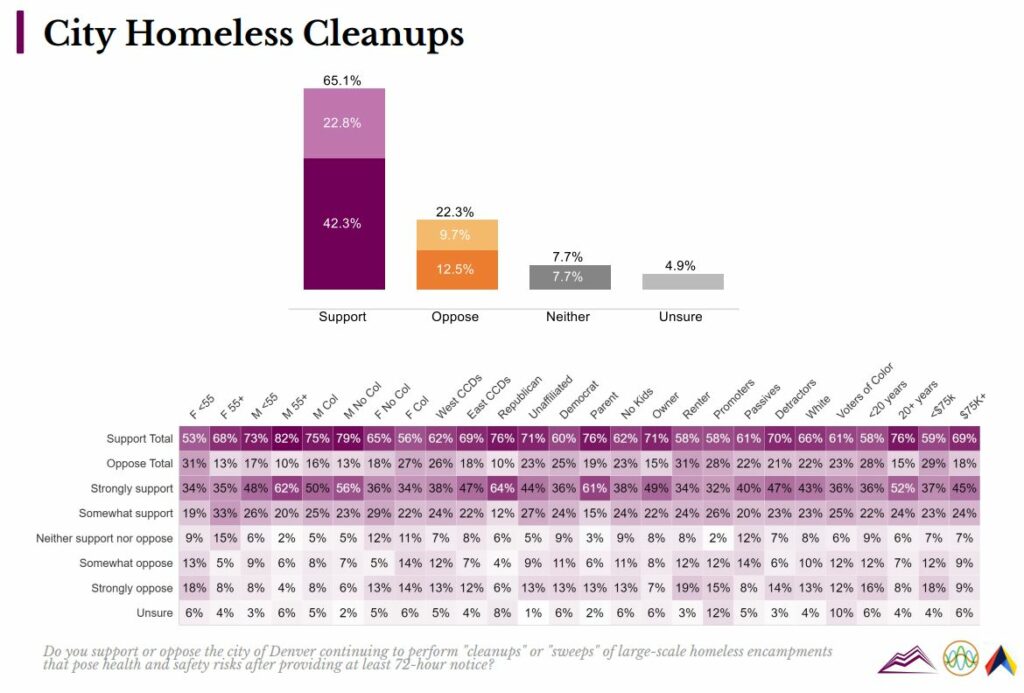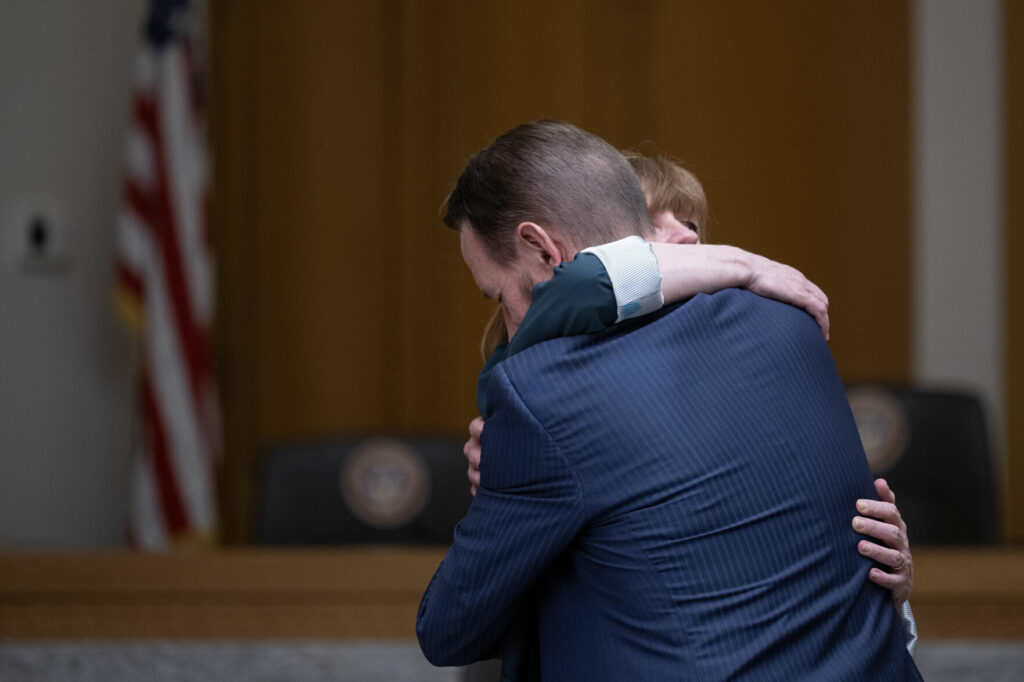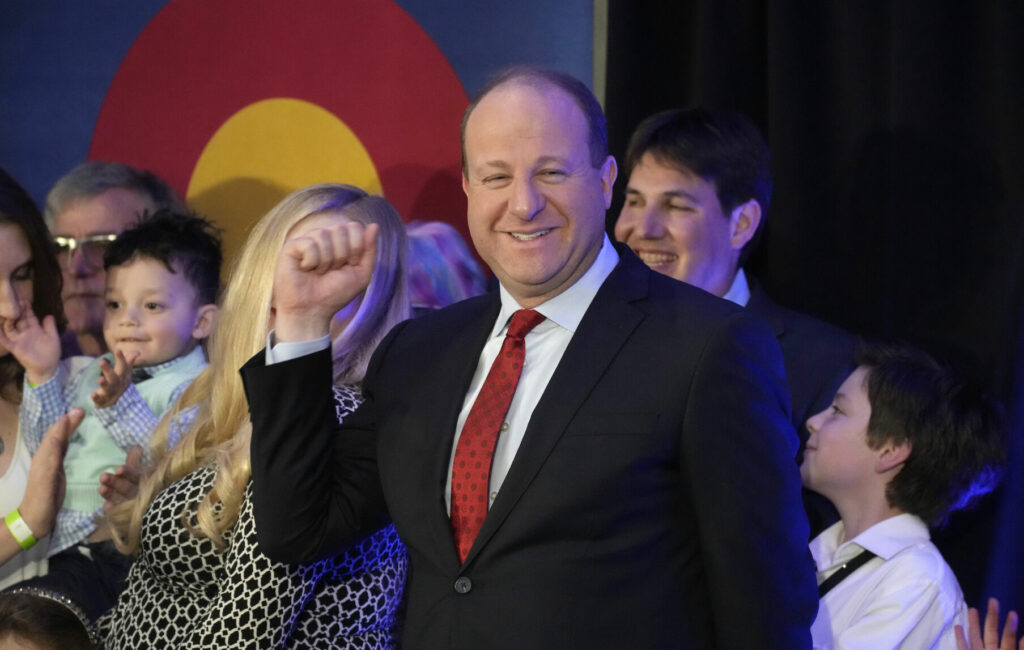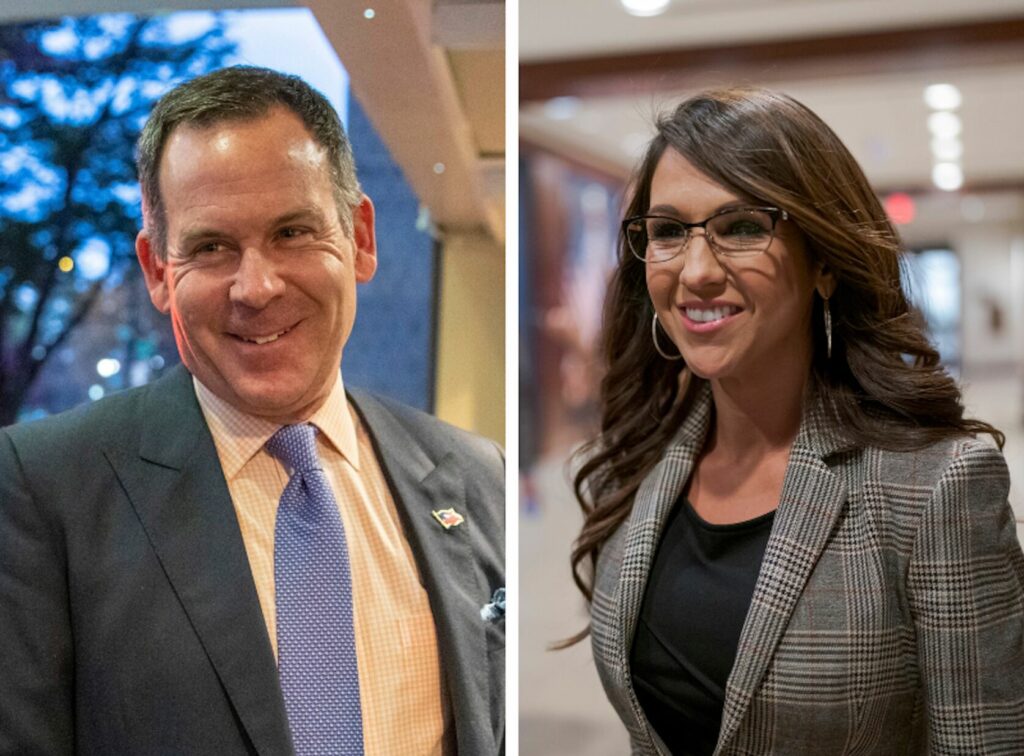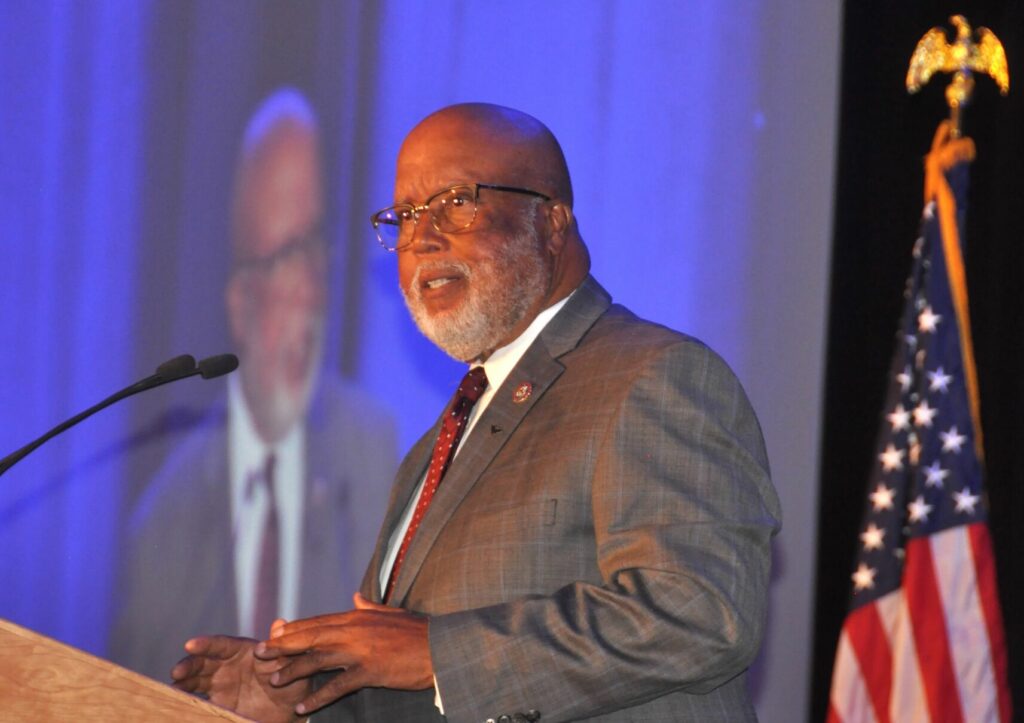Q&A with Pat Waak | Former Colorado Democratic chair builds community ‘one by one, person by person’
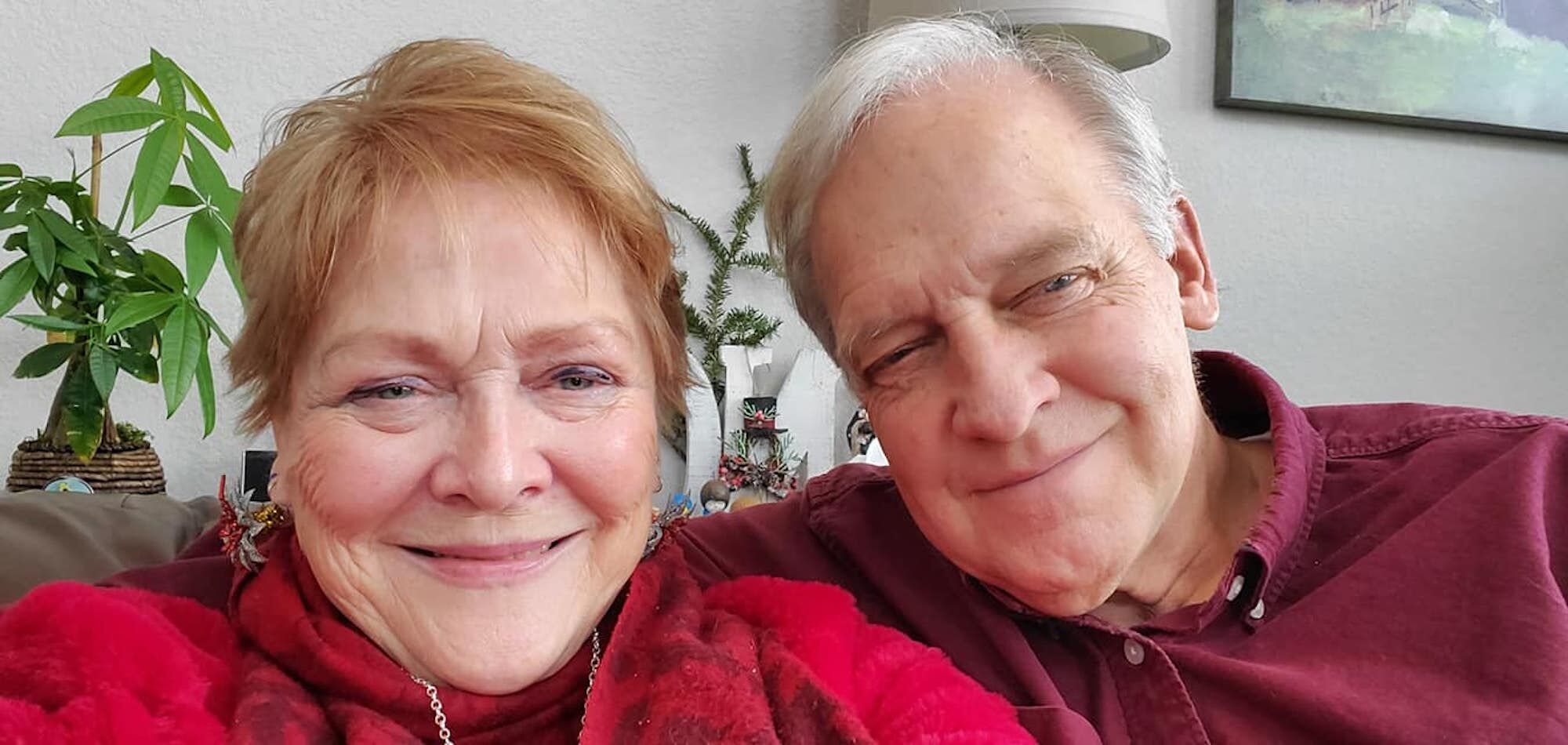
When Pat Waak chaired the Colorado Democratic Party from 2005 to 2011, she oversaw a near reversal of the party’s standing in the state.
During her three-term tenure, in addition to the party winning back the governor’s office from Republicans and winning both of Colorado’s U.S. Senate races, Denver hosted the 2008 Democratic National Convention, where Barack Obama accepted the nomination before becoming only the second Democrat to carry the state since the LBJ landslide in 1964.
Waak had a full career before she ran the state party, including serving as a Peace Corps volunteer in Brazil in the 1960s and working for the U.S. Agency for International Development during the Carter Administration.
In addition, she was an official with the Center for Population and Family Health at Columbia University, a delegate to the U.N. Conference on International Population and Development and has long been an advocate for the National Audubon Society. Waak was a deputy campaign manager on Sargent Shriver’s presidential campaign in 1976 and ran for Congress in 2002 in Colorado’s 4th District.
After she declined urging from fellow Democrats to seek a fourth term helming the state Democrats, Waak hasn’t slowed down.
Waak, who turned 80 last month, lives with her husband, Ken Strom, on the outskirts of Erie in Weld County, where she raises chickens amid a busy schedule, including recruiting and supporting candidates for office and serving in a slew of positions, including as a recently installed member of the Demorats’ 2nd Congressional District committee.
Our March 14 conversation with Waak has been lightly edited for length and clarity.
Colorado Politics: You celebrated your 80th birthday last month – happy birthday! How are you doing at 80?
Pat Waak: I did, I did. My 80th birthday! I am dancing three days a week and I am walking at least two miles every day, and I’m doing all my exercises and I’m trying to keep as limber as I can be at this age.
CP: You’re a member of the Democrat’s 2nd Congressional District committee now, is that right?
Waak: That’s correct. Yes, I just agree with that. Okay, you know, and you know, we just, we just moved hours back into Joe Neguse’s, which has been very exciting. I’ve known Joe, since – I don’t know, we can’t even keep up with how long we’ve known each other – but it was it was really exciting to go back into CD 2 and to be able to work with Joe and all the amazing things – did you see that he’s been the most productive member of Congress?
CP: Indeed, we wrote about that – he had more bills signed into law last Congress than any other House member.
Waak: That’s a great story, and he’s a great guy. So it’s kind of, they call and say, “Will you be on the CD 2 central committee and I’m saying, “I don’t want to do this,” but it’s Joe. So hopefully there’s something that I can contribute that will make his life easier, but he’s just been tremendous and it’s so exciting to have him there.
CP: It’s been 12 years this month since you chaired the Democrats here in Colorado. Have you been keeping up with what’s been going on with both parties, and with what the Republicans did last weekend with their state race?
Waak: I have been watching what’s going on, and it’s amazing to me. You have to understand, I do have friends who are Republicans, all over the country – I spent 23 years in Washington and so I know a lot of people – and I am as dismayed as they are at what’s happening to their party. We saw where someone said, “Well, Dave Williams got elected, so now all these Republicans are going to leave the party,” and I was thinking, the ones who didn’t leave when Trump was there, because I know lots of people who did that.
I don’t understand what they think they’re going to gain. I think the sad part about it is, if you’re in this for good governance, then you ought to be electing people who are in this for good governance, who who match what you care about. Not people are holding on to some disproven issues that Trump put out there. It’s kind of sad, because we’re all supposed to be working for the people, and they’re going and electing this guy who isn’t really. So I would think that you would hear from Republicans who have been watching and working in the state for a long time that we need to find the common denominator.
You know, when I went in, in 2005, Democrats were the bottom third of registered voters – you had Republicans, and you had unaffiliated, and then you had Democrats. So to me, the important thing was, No. 1, we had to be present in every part of the state, and No. 2, we had to have the very best candidates. And that meant that the chair needed a role in encouraging or maybe even redirecting some people who wanted to run for office because they weren’t necessarily going to bring everybody into the fold that needed to be in order to appeal across party lines.
Dick Wadhams and I used to argue about that. He said, “No, that’s not the role of the chair.” Well, I just disagree with that because that’s supposed to be the leader who’s out there every day saying, “What’s going to be best for the state, and how do we convince people that these people will represent them?”
The Republicans have gone way, far beyond that. I think, as I look at all the Democrats who have run this last time, that we are getting closer and closer to understanding that, that we have to be listening to people and know what they need, and finding the candidates that are going to best represent them to do that. So I don’t quite get it, except it sometimes if you get very ideological, you sort of lose track of what it is you’re trying to do.
CP: Looking back from 2005, when you were first chaired the Democrats, to today, it’s almost an upside-down version of what politics were like in Colorado then. Why do you think that’s happened?
Waak: I do attribute that to helping people to understand that they matter. On the one hand, they matter as voters, that they can have a say-so in how things are run, and then, on the other hand, helping them to understand that this is not just politics, it’s public service. So we want to attract people who really want to serve the public.
What’s been really exciting to me and which was a real effort on my part – and continues to be an effort on my part – is how many women are running for office. ecause women often come into the political process from a different perspective than men do – they’re not there to further their career, they’re there because there’s some something they’re passionate about that’s happening in their lives and their families and their communities,, and they want to see if they can make that change.
And so when I look at the long view of my own political involvement – my first campaign was in 1964, before I went into the Peace Corps – I think the shift has been more and more to that idea of public service, at least in many states – not all of them; there’s still the old guard, institutional political structure there that’s never let go. That doesn’t mean it hasn’t happened in Colorado, too. I heard from young people a lot who say, “Well, I want to get more involved in the party, but the officers are all the older people and they don’t want anybody new coming in. So that’s something that we just have to deal with.
But I do think the fact that we’ve moved along and people have become in some senses less partisan, because you’ve still got this huge rank of unaffiliated, so they’re less partisan in the sense that I have to be either Democrat or Republican. But more importantly, the issues to them are less partisan issues: homelessness – there’s a big discussion about that going on in Denver right now – or economic development and climate change, that’s affecting everybody and they want to see what they can do about it. And just watching them wake up to the possibilities within their communities first, and then as they build up from there, it’s a pretty exciting process.
I think that it’s kind of an awakening that that’s happened in Colorado, that slowly but surely, we’ve seen that we can make some things happen – not fast, not all of them. I’ve done a lot of different work around oil and gas drilling, for example, it’s a very slow process. But you find these like-minded people who just want things to be different. They want things to be different for the children and their grandchildren, and they’ve decided that public service is one way to do that, either for them or for someone who represents how they think or who’s listening to what they think.
I’ve watched it happen in the Western states more often than in the Eastern states, because the Eastern states were more established and they had their infrastructures in place, and the West was just kind figuring out how it could grow up, in a sense. So I think that’s what that’s what’s been happening. And people are more educated, they’re seeing more happen in their community, they’re more invested
I say it’s been a slow process, but just think, from 2005 to now, not really a very slow process. It’s kind of happened, although gradually, there’s a momentum there.
CP: You’ve been involved in recruiting and encouraging and helping women run for office. Pat Schroeder, who passed away yesterday and first took office just over 50 years ago, was such a pioneer in this state and nationally on that front. What kind of work are you doing on that?
Waak: First – Ken and I were talking about this today – I don’t even remember when I first met Pat. I was in D.C. from 1970 until I came here. I was involved in nonprofits and I was in the Carter administration and I was up on the Hill lobbying for all kinds of things, reproductive rights, and Pat was the mainstay there. I didn’t even think about her being from Colorado, she just was such a presence. So being in rooms with her where we kind of strategized the possibility of getting something done in Congress, which was really exciting.
As a side note, I was on the U.S. delegation for a population development conference at the U.N., and we had all these pre-meetings and then we went to Cairo in ’94 and Pat was in Cairo with us, so we got a chance to talk some more there. And then I was back in DC working on something and one of my friends, she said, “Pat, I’m going to go to this lunch, I want you to go with me.” And so we went to one of the big restaurants in Washington, D.C., and walked into this back room and there’s Pat Schroeder and some journalists and some of her staff, and that was her last day, she was getting ready to retire. It was just so exciting to listen to her stories. And then she came out here a few times while I was chair, so I picked her up at the airport, and we’d get to chat.
But we faced some of the really hard hurdles in the beginning. I remember when I went into the Carter administration, we formed what we called the “New Girls Network.” It was women in government in high-level positions, where they hadn’t been, or if they had it was one who didn’t bother to help anybody else get to her level because she got up the ladder and took the ladder away. It was it was really frustrating at times. All of us have terrible stories to tell about what we had to put up with. But I think that that has gradually changed – more women in the Senate, more women in the House, we now have a woman as vice president, we’ve had women run for president. Colorado has never had a woman governor, has never had a woman senator, it’s never had a mayor of Denver who was a woman, so we still have some work to do.
For me the leadership begins with, “OK, can you get on a board in your community or in your county, or can we get on the state boards and commissions and learn what the process is around the particular issue that you care about?” And then you you get to today, when you look at someone like (state Rep.) Jennifer Parenti, who’s a retired lieutenant colonel in the Air Force, who served in Paris, who was at the embassy, who was doing all kinds of strategic stuff with NATO, and she’s still young and she’s retired. She was an activist in this community working with me on different things, so I said, “Jennifer, why don’t you run?” So she’s coming into the House with an experience and background that very few people have, male or female.
There’s a whole cadre of women. And to be honest with you, sometimes all we need to do is ask, “Have you ever thought about running for the legislature or the Senate or the House? Or this town board?” I just think that they’re there – they have the talent, they had the experience, and they’re not afraid to go out and knock on doors. Even if COVID is going on, they put their mask on and put their babies in the carriage and they walk down the street and catch people on the sidewalks and or leave a piece of literature at the door.
It’s very exciting. When I ran for chair in 2005 I couldn’t find many people like that, except for maybe Diana DeGette, but Pat Schroeder had opened the door for her in Colorado. And so I just think that it’s a Colorado has sort of grown up. It’s been a really exciting time.
CP: Have the roles of the state parties changed since you were chair?
Waak: in some ways yes, and in some ways no, The infrastructure around the parties is a bit different than it was. We didn’t have as much staff except in election years. We spent the off years building and recruiting. The one thing that I liked that Morgan (Carroll, the outgoing state Democratic chair) has done is she’s kept up the the training and the enabling of the local parties, which I think is just so important, because my objective was that votes could be so close that we needed every little bit of margin that we could get.
I think now, we just need everybody participating, and she’s worked very hard to do that. And I think she’s done it admirably given COVID, because all of these big meetings that we were all having, you couldn’t have anymore, everything is sort of becoming virtual. In some ways, that’s been good because it’s allowed more people to participate, but then there’s something that you kind of lose if you’re not in the room talking to people and moving among people.
It’s a much bigger, bigger infrastructure and yet – I don’t know what their fundraising is like – but the problem that you have when you have more Democrats running is you have more people calling the good Democrats and saying, “I need your money for this,” right?
It’s hard to compare, in some ways. You think, well, it’s easier, but the more successful you get, the harder it gets, the more work you have to do, the more money you have to raise.
CP: I hear you have chickens. Are they keeping you busy?
Waak: I have, right now, six hens, who each have their own name because my granddaughter’s named each one of them – they each know their own name. They know everybody else’s names. They each have their own personality, believe it or not, and they each have their own clock, and I can identify every egg. I’s kind of a fun hobby. It’s also been, my neighbors will call up and ask, “Got any eggs?” and I’m glad to share them. Amazing what six chickens but yes, it’s fun.
CP: How many eggs do you get in a week?
Waak: Sometimes I can get – rarely do, but sometimes I get six eggs, but I get usually get four or five a day, so that means by the end of the week, I may have – I think there’s three dozen in the refrigerator.
CP: That’s quite a lot of eggs.
Waak: My daughter’s coming this weekend, so I’m sure she’s going to take a couple of them home with her. But it is fun and it is also very meditative, to think about all the stuff that’s going on in the world and just go sit with them for a while. With them and the dragonflies and all the other animals and birds and butterflies that show up. Ken is a wildlife biologist, so everything that’s planted here is useful to some species of something. So it’s kind of fun in the melee of banks failing and who blames who for that, and all the other issues that are out there, it’s kind of nice to have that little peaceful spot to retreat to.
CP: What do you make of politics these days, from this long perspective you have?
Waak: My big concern is the amount of anger and hostility that still exists out there from people who are marginalized or feel marginalized, and those happen to be people who are not necessarily in my party.
But I’ve heard – we’ve seen it here when people take signs down out of our yard, because we put up all the signs and we live on a rural road, it’s not like it’s downtown somewhere. But there was a story I heard from our local trustee about people who wanted Erie back the way it used to be – white and Christian. And I thought, OK, I’m not going to comment on anyone’s religion, but we live in a very diverse community. All of us do. And many of us have very diverse backgrounds that people don’t even know about.
And I guess, at the age of 80. I’m wondering, how do we bring us all back together? And I’m not sure that I know the answer to that, except one by one, person by person, which is what grassroots politics is all about. Grassroots politics is community. So it seems to me, I’m sort of looking for the leader on each side.
One of the women that I used to lobby with lobby in Washington was a congresswoman from Rhode Island (Claudine Schneider). She’s a Republican, and she lives in Boulder, she’s been in Boulder for about 20 years. We share a great care about climate change. And we have done any number of workshops together for women’s groups, showing that you know, we may not agree on every single, tiny thing, but there are some major issues that we do agree on and are looking for answers for everybody, and I just wish we had some of that somewhere. Here in the state maybe it’s a little bit easier, but not when they go in there like Dave Williams.
